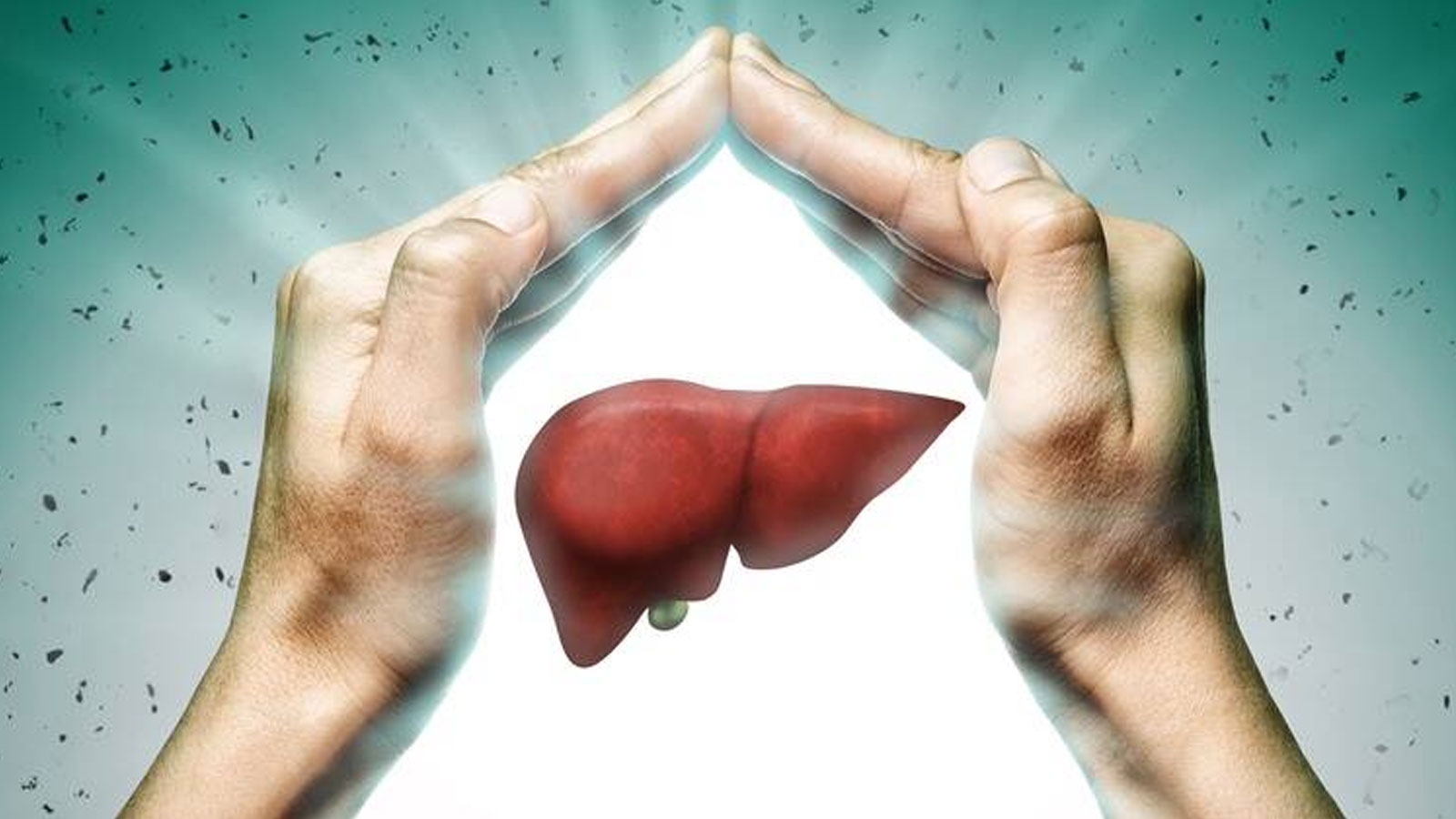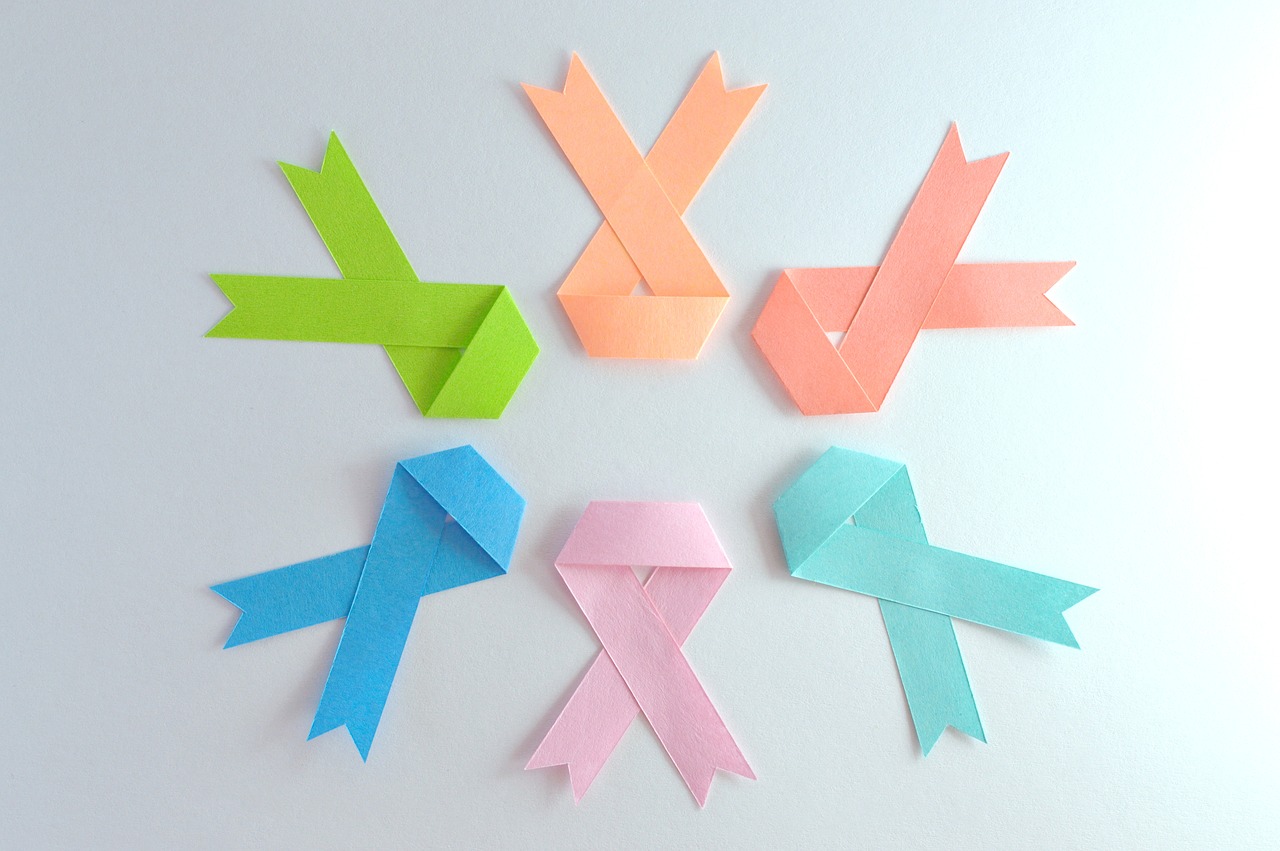All About Liver Love: A Preventive and Lifestyle Approach Towards Liver Health
More often than not, when the topic of preventive healthcare arises, it is uncommon for people to say, “But I am a healthy individual. Why must I invest in preventive wellness? It is redundant to spend money on tests when I am asymptomatic! It is like wasting resources in preparation for calamities that are yet
to occur!”
And when they do, I encourage them to sit back, relax, go down memory lane and recall the age-old maxim our schools taught us — “Prevention is better than cure”.
The focus of preventive wellness is not ‘sick care’ but healthcare to prevent the onset of disease. Does this involve only undergoing regular screenings? No. It is a holistic approach that includes diagnosing lifestyle diseases, treating them, and making sustainable everyday changes.
Simply put, when we look after every organ in our human body with great care, we give ourselves a golden chance to recover faster than those who don’t. Today, I want to draw your attention to one such organ and gland in our body, the liver.
Why is liver health important?
You cannot live without your liver, just like you cannot without your heart. Everything you eat or drink goes through it. This dynamic organ is one of the most resilient organs of the human body. It possesses an inherent ability to withstand damage, regenerate and regrow on its own.
It removes toxins from our blood supply. Furthermore, it maintains your blood sugar levels, regulates blood clotting, and also breaks down alcohol and drugs that enter our bodies. It also produces bile which breaks down fat and eliminates waste. The liver is responsible for creating crucial chemicals to allow the proper functioning of the body and stores essential vitamins and minerals.
Today, our bodies battle pesticides in food and pollution in the air. Our liver works twice as hard to adapt and overcome these obstacles. We can help it do its job better. How? By giving it the right food, blood circulation through activity, and adequate rest.
It is important to not take the resilience of the liver for granted. It can withstand damage, yes. But only to a certain extent. Once it passes the stage where it is pushed to its ultimate limit, for instance, by alcohol abuse, it turns cirrhotic and develops scars to protect itself. The liver function slows down, and it eventually moves into organ failure. This is not to scare you. But to reassure you that YOU can stop this from happening at the outset because prevention is better than cure.
What affects your liver?
- An unbalanced and highly processed diet:
You may wonder why liver conditions also affect those who have never touched a glass of alcohol in their entire lives. For instance, millions of people in our country suffer from non-alcoholic fatty liver.
Remember, the well-being of your liver is dependent on several factors other than alcohol or drugs. Your diet, environmental pollutants, and weight, among other factors, play a role in determining your liver health. So, an unbalanced diet coupled with a sedentary lifestyle causes enzyme levels to rise, cause inflammation or damage the liver over time. And therefore, you will notice that patients with non-alcoholic fatty liver are generally encouraged by their medical professionals to change their lifestyle as a first step.
- Fad diets:Following fad diets without supervision can cause a deficiency of nutrients in the liver. Many of these diets rely on avoiding the consumption of certain fruits and veggies. This may lead individuals to rely on health supplements, the overconsumption of which can affect your liver and eventually lead to other health problems. And so when individuals who have tried various fad diets but found no success with weight loss come to us, we first assess their liver health. Simple lifestyle changes can help us rebalance elevated liver enzymes, rejuvenate the liver, and aid
fat loss.
- Heavy medication and self-prescription:
Strong medications have side effects. If you have a major health condition and your doctor prescribes you heavy drugs, ask them about its possible effects on your liver. Similarly, avoid self-prescribing medication. Whether it is paracetamol or steroids, popping pills without supervision can damage your liver. This rule applies to ayurvedic and natural supplements like nutraceuticals too. Just because something is natural does not mean it is good for you. Anything in excess, even if deemed good, can cause harm. Take them only under professional supervision and prescription.
- Alcohol abuse:
Alcohol may be a coping mechanism or an enjoyable activity for binge drinkers. But it is also one of the biggest causes of liver damage. Feeling cooler, stronger, or more confident after drinking alcohol is a sign of low esteem. We are not against alcohol but the abuse of it. Let us paint a realistic picture for you. If you did not have a liver, alcohol would kill you. The liver breaks down poisonous substances and processes them into what is acceptable to your body. It would be wrong to say that alcohol alone causes liver disease because we know people well into their 90s who drink a peg a day and are fine. So, the underlying emphasis is on striking a balance. Please understand that your liver works twice as hard to break down alcohol. So if you are already ailing and need your liver to recover quickly, don’t add more alcohol to your system.
- Underlying liver ailments:
Ailments like hepatitis can cause inflammation of the liver. Contaminated food and water cause Hepatitis A. Whereas Hepatitis B and C spread through unsafe sexual contact, exchange of bodily fluids, multiple sexual partners, exchange of needles, and blood transfusions. Vaccinations can help prevent Hepatitis A and B. But we need to be careful because untreated hepatitis can cause irreversible liver damage.
What lifestyle changes can you adopt?
While there are external factors like pollution in the area we live in that we cannot control, we can make lifestyle changes that go a long way in building a healthy liver. Some of them are:
- Opt for regular screenings.
Don’t wait until your body shows too many symptoms. What appears like a warning sign today, can turn into an alarming signal tomorrow if ignored. Do a simple liver function (LFT) test once a year. On the other hand, if you are on chemotherapy, radiation, and heavy drugs, your doctor may advise you to get these screenings done regularly to ensure that the medication is not causing harm to your liver.
Some tests to assess your liver health include :
- SGOT, SGPT
- Alkaline phosphatase (ALP) test
- Serum albumin test
- Bilirubin test, and
- Gamma-glutamyl transferase (GGT) test
If these tests reveal any abnormalities, the doctor will order further investigation. An important inflammatory marker in the liver profile test is the C-reactive protein (CRP) test. High CRP is not always a bad thing. It can fluctuate even if you bump your leg somewhere. Never consider a single reading on a test in isolation to start worrying if something is wrong. Your readings have to correlate with other symptoms.
- Maintain healthy body weight.Your weight has a connection with your liver function. Every organ of your body, including your liver, works hard for every extra pound of body fat. Does this mean if you are overweight, you may have a liver problem? No. But prevention is better than cure. So, maintain a healthy body fat percentage to avoid future liver complications.
- Adopt a sustainable exercise routine.Following a sedentary lifestyle is a massive risk factor for liver disease. Working out 30 minutes of exercise reduces this risk by ensuring adequate blood circulation throughout your body. You can engage in different forms of exercise depending upon the condition of your liver and the intensity it can take. Explore yoga to discover specially designed asanas for liver health. Practicing these asanas and focusing on the organ for a week will benefit you. Deep breathing exercises like the pranayama are excellent ways to help oxygen reach the trillions of cells in
your body. - Drink plenty of water.
Water is the source of life. It is a medium that is used by every single one of your 37 to 40 trillion cells to function. In the same way that a bucket of water flushes the dirt in your bathroom, it flushes toxins from your body. Keep yourself well-hydrated at all times, unless your doctor has put you on a water restriction in case of post-liver surgery or a cirrhotic liver.
- Avoid smoking.
Smoking kills. The packet is not lying. Every puff burdens your liver. Your blood carries oxygen and nutrients to trillions of cells. And every time you smoke, you starve our cells of oxygen and nutrients. Over time, chain-smoking causes them to become weak, corrupts their DNA, and makes them behave abnormally. They disguise themselves to your immune system, form cancers and pathways to rob nutrition from your healthy cells and blood vessels. Smoking can confuse the intelligence of the human body and pose a major risk to your liver.
- Control your stress. Prioritize your emotional wellbeing.
Stress and negative emotions can also hurt your liver in a big way. It may never be a standalone reason behind your disease, but it plays a role in further deterioration. Several diseases have an emotional connection. Back problems are associated with financial insecurity, irritable bowel syndrome (IBS) is related to anxiety, and several cancers and weight gain are associated with insecurities. In the same way, two emotions linked with the further deterioration of liver conditions include deep-rooted anger and irritability. Many patients manifest these emotions. So working on your emotional well-being is equally important. Learn to calm down and relax because the emotional connection of the mind and body is real.
- Control your triglycerides and blood sugar levels.
The liver produces just enough cholesterol to maintain our body. But when we follow poor diets, consume junk or processed food, and have long periods of inactivity, we start producing more cholesterol than required. The real problem begins when your body shows high levels of triglycerides. These are free fatty acids that roam around your bloodstream. They can cause a blockage in your artery that supplies blood to your heart leading to cardiac arrest, or your brain causing a brain stroke, or even your lower body causing paralysis. So, you have to control
your triglycerides.
Diabetes also poses a risk for both heart and liver disease. Are you a Type 2 diabetic? Get your blood sugar under control, no matter what it takes, because high blood sugar levels are constantly damaging every single cell of your body. Just because you are on medications and your levels look fine on the report, doesn’t mean you don’t have diabetes. You still do. Make every effort to correct your lifestyle, so you can eventually even wean off your medications in a safe way if your doctor agrees to it.
What are some great foods for the liver?
They are no magic foods. Everything that comes from nature is good for our liver when consumed right.
What to avoid?
- Refined white sugar, carbs, and flours
- Processed food
- Junk food
- Products that have lengthy and incomprehensible lists of ingredients
- Excess fructose (overdoing on fruits)
Don’t eat five to six fruits at a time. It is not healthy. Excess fructose fluctuates blood sugar levels and causes inflammation in the gut and liver. If nature gives you an apple, eat only one a day. That is your serving. If it gives you another papaya on the same day, keep it in the fridge and share it with others. Have fruits in portions, not in platters. If you want to eat three different fruits in a day, have one in the morning and another in the afternoon. Spread them out.
What to eat?
- Cruciferous vegetables are rich in sulfur and folate. If you have a thyroid condition, don’t eat it raw. You can lightly steam, boil or cook it. These include radish, kale, broccoli, cabbage, cauliflower, and mustard greens, among others.
- Black coffee, black and green tea are excellent for the liver since they contain antioxidants and polyphenols.
- All fruits, especially from the berry family. Strawberries, blueberries, raspberries, and blackberries, among others.
- Nuts and seeds like almonds, cashew nuts, hazelnuts, macadamia nuts, pumpkin, flax, and sunflower seeds are good for your liver, too.
- Fatty fish rich in omega-3 like sardines, tuna, mackerel, salmon, and trout.
- Olive oil is scientifically proven to improve liver health. Avoid cooking Indian food with it because it has a low smoking point. You can introduce it raw to your meals by adding it to your salads or hummus.
- Turmeric, considered yellow gold, consumed with a pinch of black pepper and coconut oil, benefits your liver.
- With alkaline properties and a dose of Vitamin C, it cleanses your liver.
- Celery
- Garlic (minced or juiced)
- Beetroot juice
- Milk thistle
- Dandelion root tea
- Sugarcane juice
- Coconut water
Keep your approach holistic.
When you follow a fad diet, question if the diet is sustainable. Can you live like that forever? The human body needs balance. Before fad diets came along, people were still losing weight by making lifestyle changes. So, it all eventually boils down to the four verticals — quality sleep, balanced nutrition, adequate exercise, and emotional detox.
Here are some tips.
- Eat simple and wholesome food. Chew it slowly. Avoid eating oily or deep-fried foods at once.
- Follow intermittent fasting of a minimum of 12 hours. You can follow this simply by eating your dinner at sundown.
- Sleep Your organs can only rejuvenate in a state of complete rest.
- Practice yoga or go for a gentle walk. Meditate or sit in silence.
- Pick a hobby, build nurturing relationships and engage in activities that make you happy.
- Reduce your stress and tame your anger. These negative emotions hurt us at a deeper cellular level.
Click here to watch our webinar on preventive wellness for liver health
If you find it difficult to follow these routines or suffer from a liver condition, reach out to our team of integrative lifestyle and medicine practitioners. You can write to us at info@lukecoutinho.com or call on our toll-free number 18001020253.
Disclaimer: None of the suggestions in this blog can replace medical advice or medicine. Please seek professional guidance before trying anything new.
|
From a pimple to cancer, our You Care Wellness Program helps you find a way Talk to our integrative team of experts today 18001020253 |









Comments (3)
Thank u so much luke sir. I m big fan of ur knowledge which u share with us. Keep sharing with us like this.🙏🙏
Thank You Sir!! Your domain knowledge, effective communication, apt examples & focus to improve public health is impressive.
Keep sharing & Inspiring!!
Thank you Manisha and Ganesh. Keep winning 🙂